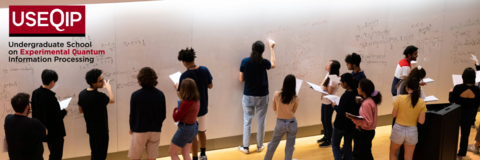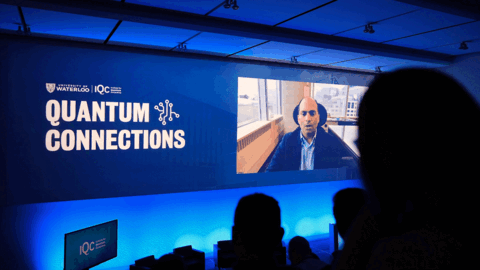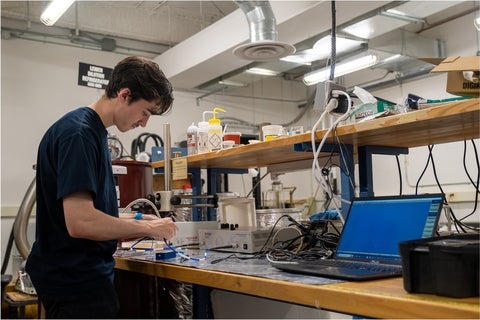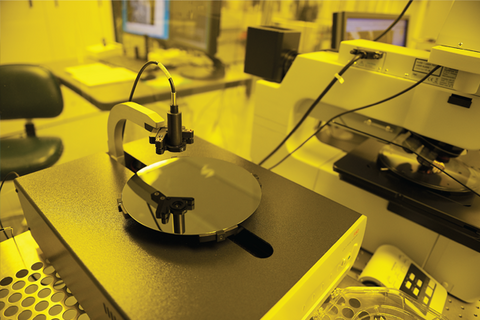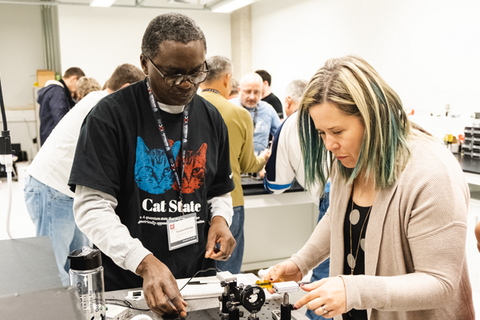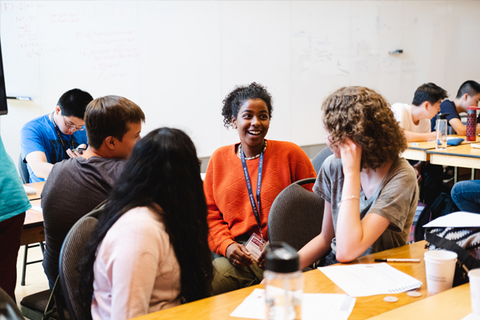Statement in support of protecting Canadian science and researchers
The Institute for Quantum Computing (IQC) supports the efforts of the Government of Canada to secure and protect Canadian science and researchers. IQC takes the protection of intellectual property very seriously and commits to cooperate with various agencies and organizations in support of National Security priorities.
IQC also commits to, and will continue to, educate staff and researchers about the opportunities, pitfalls, and boundaries of protecting Canadian science and intellectual property for the benefit of IQC, the University of Waterloo, and indeed, future generations.
News
Reflecting on a year of community, growth and milestones at the Institute for Quantum Computing
As the year draws to a close, we reflect proudly on the accomplishments of the Institute for Quantum Computing’s (IQC) community of researchers, postdoctoral fellows and graduate students for their research excellence, academic achievements and collaborative outreach efforts.
Using quantum algorithms to speed up generative artificial intelligence
Researchers at IQC have found that quantum algorithms could speed up generative artificial intelligence (AI) creation and usage.
Students with interdisciplinary backgrounds harness the second quantum revolution
Graduates and program leaders of IQC's Master of Science degree in Physics with a specialization in Quantum Technology explain the purpose and benefits of the program.
Events
IQC-PI Joint Student Seminar Series
As part of our graduate student seminar series, we’ll be partnering with Perimeter Institute (PI) every third week of the month, with seminars hosted alternately at IQC and PI.
IQC-PI Joint Student Seminar Series
As part of our graduate student seminar series, we’ll be partnering with Perimeter Institute (PI) every third week of the month, with seminars hosted alternately at IQC and PI.
IQC-PI Joint Student Seminar Series
As part of our graduate student seminar series, we’ll be partnering with Perimeter Institute (PI) every third week of the month, with seminars hosted alternately at IQC and PI.


